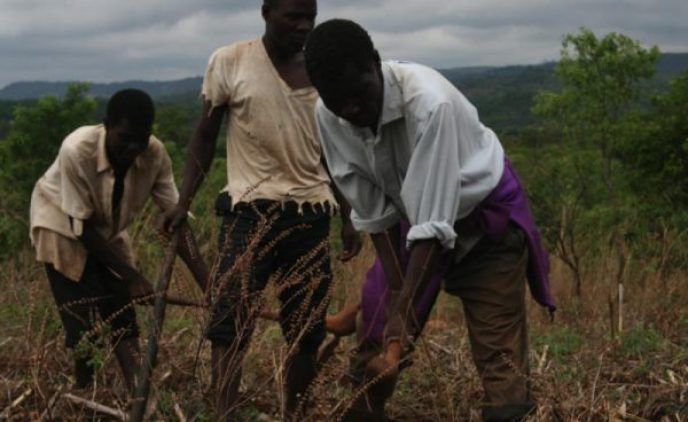With the emphasis on farming as a family business gaining new momentum with the United Nations’ adoption of a decade of family farming, this discussion will focus on how governments, business and labour can get involved to promote sustainable development to alleviate global hunger. This is particularly apt in South Africa, where most of the farms are owned and managed by families.
For AFGRI, now celebrating its 95th year in business, this topic is close to its heart. The group has after all been supporting farming over the generations, and aims to continue doing so for decades to come.
“With 95 years of experience in the agricultural sector, AFGRI understands what it takes to be a successful farmer. We strive towards constant progression, growth, innovation and forging our vision for food security in South Africa and the rest of the continent. AFGRI will always, as it has done for over 95 years, be with the farmers, for the farmers. We are proud to have been a part of their heritage for generations, and remain passionate about their success and the future farmers to come. From the past, to the present and the future – we support our farmers and recognise their passion,” says CEO of AFGRI, Tinus Prinsloo.
Another major thrust for AFGRI is to support the sector to ensure food security, inextricably linked to its role in the future of farming and sustainable development within the agricultural sector. According to The Food and Agriculture Organisation, the number of people experiencing food insecurity in Africa rose from 220-million people to 224-million people in 2017, attributed to changing weather patterns that led to poor harvests, a loss of livestock, conflict and recurrent droughts on the continent. South Africa’s food security ranking currently stands at 44th out of 113 countries, according to the Global Food Security Index, developed by the Economist Intelligence Unit.
“For this reason, our focus is on all farmers, whether they are family farmers, large commercial farmers or small-scale farmers. Each has a role to play in ensuring enough food is produced to prevent South Africans, as well as the people of Africa, from going hungry. Equally important is our support of agriculture that ensure the farmer is commercially successful to ensure sustainability.”
The group’s sustainable development initiatives include Harvest Time Investments, which was launched in 2012 to unlock the potential of emerging farmers and their farms through training, development, and mentorship.
“All-in-all this support, imparting of knowledge and care is to safeguard agriculture for future generations,” concludes Prinsloo.
How does the US compare in terms of family farms?
As in South Africa, family farms play a dominant role in US agriculture. According to the US Department of Agriculture’s National Agricultural Statistics Service (NASS) in 2016, these farms accounted for some 97% of farms and 89% of production.
- Food equals family – 97% of the 2.1 million farms in the United States are family-owned operations.
- Small business matters – 88% of all US farms are small family farms.
- Local connections come in small packages – 58% of all direct farm sales to consumers come from small family farms.
- Big business matters too – 64% of all vegetable sales and 66% of all dairy sales come from the 3% of farms that are large or very large family farms.
- Farming provides new beginnings – 18% of principal operators on family farms in the US started within the last 10 years.
For South African family farm success stories, catch the @Landbouweekliks series on ViaTV, DStv-channel 147, which is proudly sponsored by AFGRI. One of the family farms featured recently was the Genade Farm in Douglas in the Northern Cape, which belongs to the Bruwer family. Here world-class farm management is carried out by Vickie Bruwer and his three sons.








